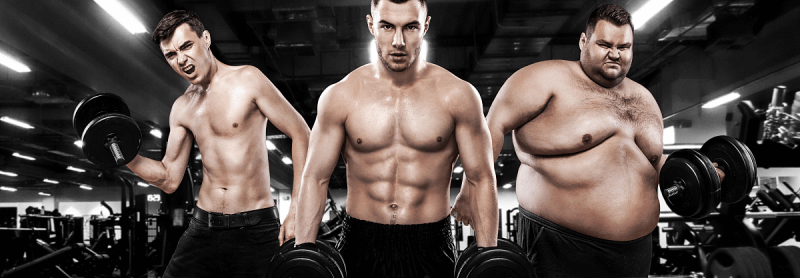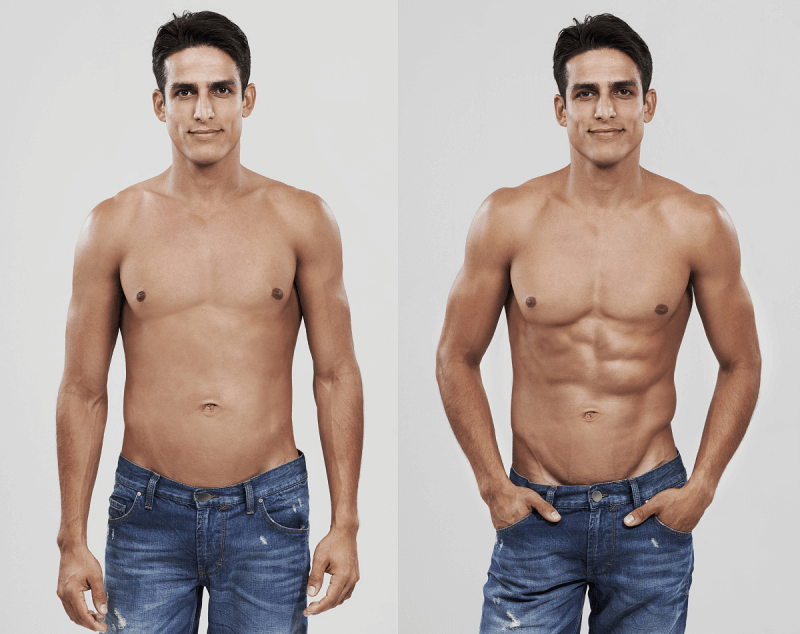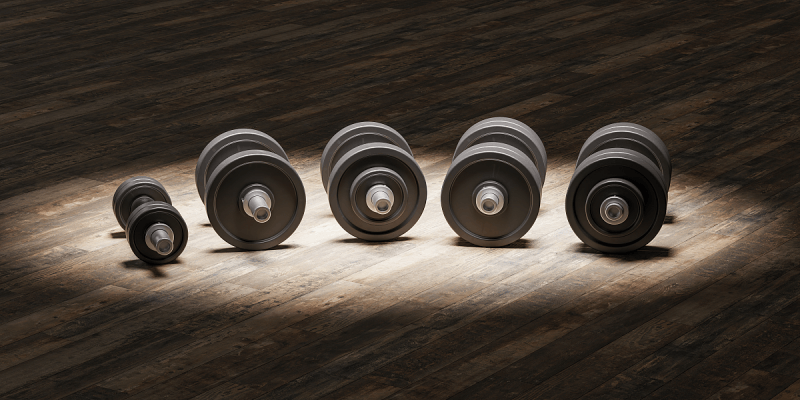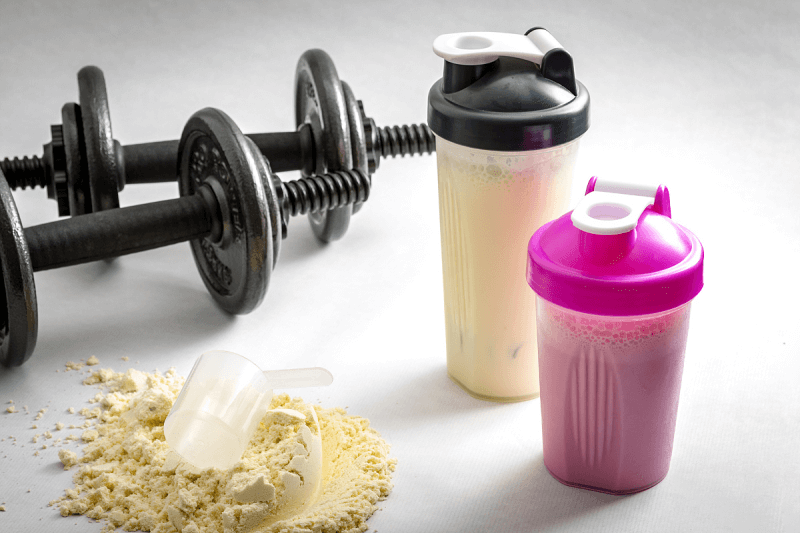For fitness enthusiasts, deciding whether to prioritize weight loss or muscle gain is a common and difficult choice. Both goals are achievable and can be mutually supportive, but your primary focus should align with your personal goals, body composition and lifestyle. Here is a comprehensive guide to help you make an informed decision.
Weight Loss vs. Muscle Gain
Weight Loss
• Objective: To reduce overall body weight, primarily by decreasing body fat.
• Approach: A combination of a calorie deficit diet and increased physical activity.
• Benefits: Improved cardiovascular health, reduced risk of chronic diseases, enhanced mobility, and increased energy levels.
Muscle Gain
• Objective: To increase muscle mass and strength.
• Approach: A combination of strength training exercises and a calorie surplus diet with adequate protein intake.
• Benefits: Improved metabolism, better body composition, increased strength, and enhanced physical performance.
Factors to Consider
Current Body Composition
• If you have a higher body fat percentage, focusing on weight loss might be more beneficial initially to improve your overall health.
• If you are lean but lack muscle definition, prioritizing muscle gain can help you achieve a toned and muscular physique.
Fitness Goals
• For aesthetic goals like achieving a lean and muscular look, you might need to alternate between periods of weight loss (cutting) and muscle gain (bulking).
• For performance-oriented goals, such as improving strength or endurance, muscle gain may take precedence.
Health Considerations
• Consider any underlying health conditions. Weight loss can significantly improve conditions like hypertension, diabetes, and joint issues.
• Muscle gain can enhance metabolic health, bone density, and reduce the risk of sarcopenia (age-related muscle loss).
Common Questions Answered
1. Can I Lose Weight and Gain Muscle Simultaneously? Yes, it is possible, especially for beginners or individuals returning to exercise after a long break. This process is known as body recomposition. It requires a carefully balanced diet and a well-structured workout program.
2. How Much Protein Do I Need? For muscle gain, aim for 1.6 to 2.2 grams of protein per kilogram of body weight. For weight loss, maintaining a higher protein intake (around 1.6 grams per kilogram) helps preserve muscle mass while in a calorie deficit.
3. What Type of Exercise Should I Do?
• For weight loss: Incorporate a mix of cardio (like running, cycling, or swimming) and strength training. Cardio helps burn calories, while strength training helps maintain muscle mass.
• For muscle gain: Focus on strength training exercises like squats, deadlifts, bench presses, and rows. Progressive overload (gradually increasing the weight or resistance) is key.
4.How Important is Diet? Diet is crucial for both goals. For weight loss, a calorie deficit is essential. For muscle gain, a calorie surplus with adequate protein is necessary. Eating nutrient-dense foods and staying hydrated is important for overall health and performance.
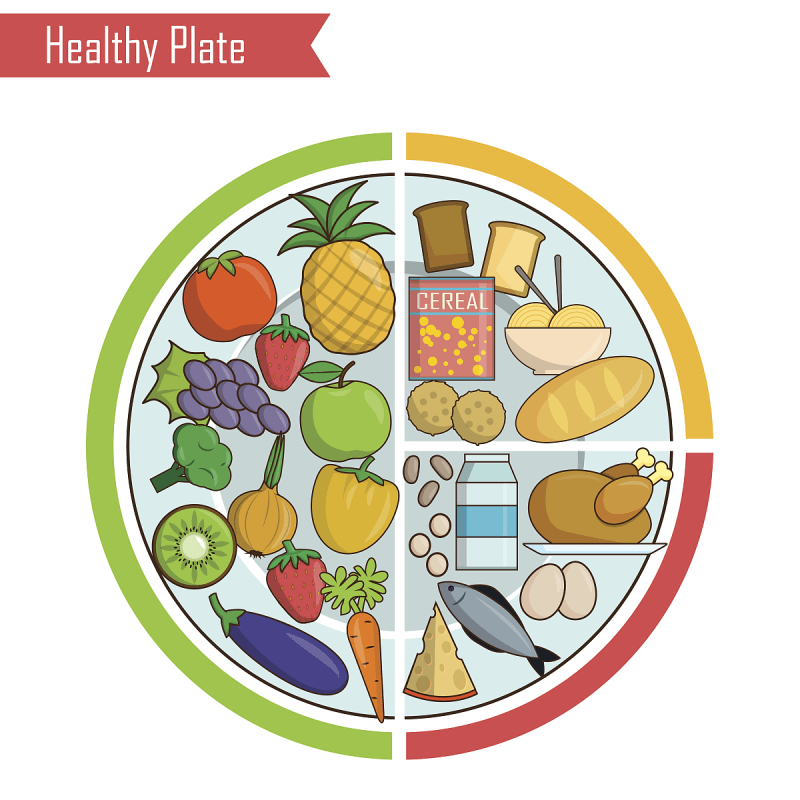
5. How Do I Track Progress?
• For weight loss: Monitor changes in body weight, body measurements, and body fat percentage.
• For muscle gain: Track strength improvements, muscle measurements, and changes in body composition.
Conclusion
Whether you choose to focus on weight loss or muscle gain, the key is consistency and patience. Understand your body, set realistic goals, and adapt your approach as you progress. Remember, a balanced routine that includes both cardiovascular and strength training, combined with a healthy diet, is essential for long-term success in any fitness journey.
Post time: Aug-10-2024
